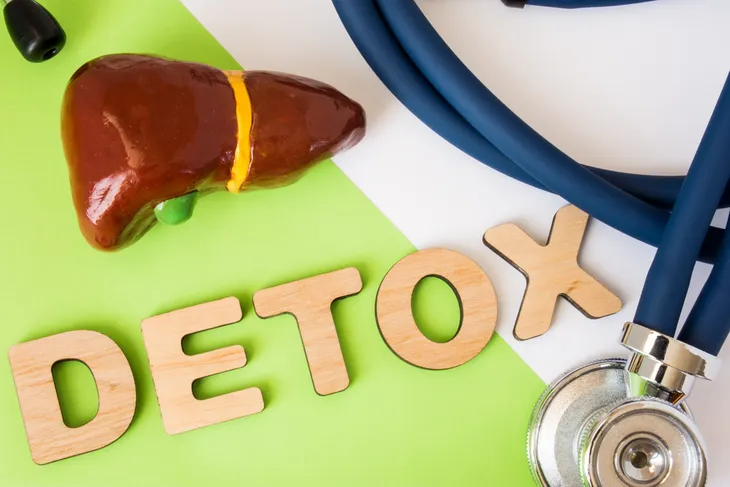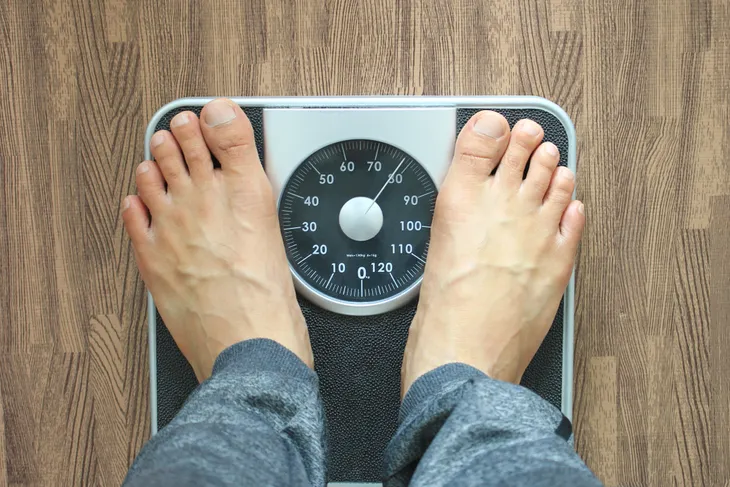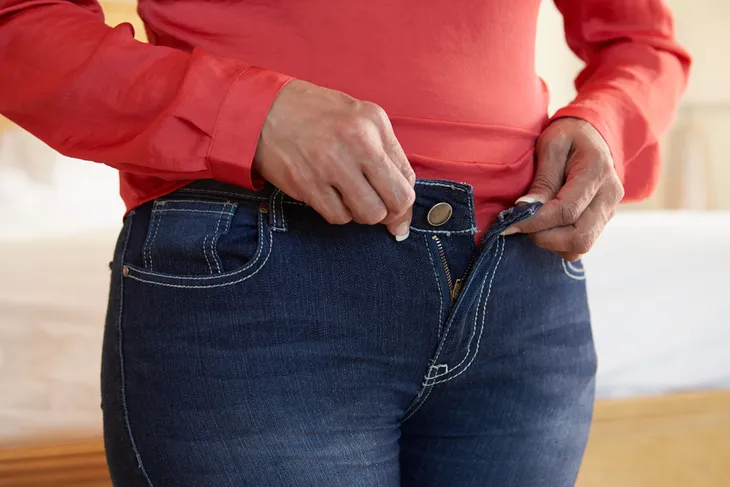January brings a whole sleuth of New Year’s resolutions, many of them health and weight loss oriented. However, before you decide a juice cleanse or detox style diet will do the trick–think again! Research shows the idea of “detoxing” the body is actually bogus and not very healthy either.
Sure, you may experience short term benefits of drastically restricting calories. However, science tells us that detox diets and cleanses are nothing more than unhealthy wastes of money. Here are six reasons to say no to detox diets…
Detoxification is a Scam
In medical terms, there’s no such thing as detoxing the body when it comes to weight loss, according to Dr. Edzard Ernst, Complementary Professor Emeritus at Exeter University. In fact, Dr. Ernst calls the notion that you can “flush your system of impurities and leave your organs squeaky clean” nothing more than a scam.
The term detox only applies to a medical treatment applied to drug addicts, otherwise it’s a borrowed pseudo-medical term designed to sell you products and diets that do nothing. Healthy bodies use the liver, skin, lungs, and kidneys to detoxify themselves and remove bodily waste and toxins.
Money for Nothing
The soaring price tags on detox programs and juice cleanses are high, but the actual effectiveness is nonexistent. For instance, one of the most popular detox diets on the market, the Martha’s Vineyard Detox Diet costs roughly $200 for the 21-day program and maintenance package. Mind you, the cost of the juicer, enzyme pills, and book are all extra.
I don’t know about you, but $200 will buy me approximately 2 weeks of groceries. And I’m talking about the organic, locally grown produce and lean cruelty free meat that I actually need to eat healthy and sustain myself.
You’ll Have No Energy
If you’ve ever actually put your body through a juice cleanse or detox-style diet you know that you spend the majority of time feeling tired, hungry, and miserably fantasizing about the foods you’ll gorge on when you’re all finished.
The reason is that you are undernourished, particularly in the fat and protein departments. However, the body requires fat and protein for energy and mood stability. This is why most people who do detox diets return to eating the way they used to right after the diet is through.
 The Faces/Shutterstock
The Faces/ShutterstockShort-Term Success
Of course, there are anecdotes out there about weight loss success with detox diets. You probably even have a coworker, sister in law, or Facebook friend who swears by juice cleanses. However, they also likely “detox” or cleanse regularly because the weight they shed bounces quickly back.
There is no doubt that drastically restricting your caloric intake will yield weight loss—but it’s hardly ever sustainable over the long term. You can’t live a healthy existence long term on such a restrictive regimen. Plus, research from Livestrong.com shows that even if weight loss does occur, the weight (and some) usually always comes back.
Muscle Loss, Fat Gains
Another drawback of any elimination diet is muscle loss. In fact, on a weeklong cleanse, research from Vanderbilt University, in Nashville, Texas, shows muscle degrades each day and it’s very difficult to get back.
Plus, if you do gain weight after you are finished cleansing it will mainly be made up of body fat due to the fact that your metabolism has slowed (from lack of protein).
Focus on Healthy Eating NOT Elimination
There is nothing wrong with establishing healthier eating habits through New Year’s resolutions. However, restricting or eliminating certain food major food groups will almost always result in short term gains and eventual weight gain.
According to Lauren Harris-Pincus, a New York/New Jersey-based Registered Dietician, fad diets of any kind put your body on an unhealthy roller coaster of weight loss and weight gain. To see long-term goals, focus on incorporating more fruits, veggies, lean proteins, nuts, whole grains, seeds, and beans and legumes into your diet, while limiting processed foods and those high in refined sugars.








